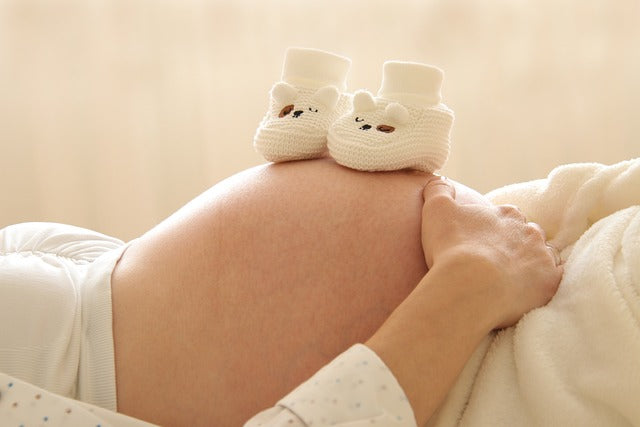Learning disabilities refer to difficulties in the learning process, which can take many different forms. Difficulties in reading, writing, math or language skills are common symptoms of learning disabilities. There are different types of learning disabilities in different areas such as dyslexia, dyscalculia (mathematical difficulties), dyspraxia (movement and coordination problems). These difficulties can affect an individual’s performance in certain areas of learning despite their abilities.
The causes of learning disabilities are often attributed to a complex interplay of genetic, environmental and cognitive factors. However, it is now recognized that stress during pregnancy or difficult childbirth can also contribute to the development of such learning disabilities.
It has been scientifically studied that stress experienced by parents during pregnancy and childbirth for the health and development of their children may increase the risk of learning disabilities in children. Research continues to suggest that intense stress during pregnancy or difficult childbirth may have negative effects on the child’s brain development. However, it is important to note that this alone is not the cause of learning disabilities.
Stress can lead to physiological and hormonal changes in the body. Stress experienced by the expectant mother can cause hormonal imbalances during fetal development. This can affect the baby’s brain development and, in some cases, have long-term effects on learning ability. However, this does not mean that every stress situation causes learning difficulties in the child.
It is possible that a difficult birth, like stress, can also contribute to the development of learning disabilities in children. This is because hypoxia or oxygen deprivation during a difficult birth can affect the baby’s brain development. The brain can be damaged by oxygen deprivation and this can affect learning processes. Damage to brain tissue or related problems can affect the child’s cognitive abilities and lead to learning difficulties. Another reason is that a difficult birth increases the baby’s stress levels. In this case, the baby’s and mother’s body may release intense stress hormones during labor. These high stress levels can affect the baby’s brain development and negatively affect learning processes. Difficult birth can also cause physical trauma or brain damage. Trauma to the baby during birth can affect certain areas of the brain. This can lead to difficulties in learning.
So, what can parents do?
First, they can adopt a healthy lifestyle to reduce stress during pregnancy and childbirth. A balanced diet, regular exercise and stress management techniques can reduce the stress levels of the expectant mother. Getting expert support during pregnancy is important for the health of the expectant mother and the development of the baby.
During the birth process, it is recommended that parents remain calm and create a relaxing and supportive birth environment. This can reduce the stress levels of mother and baby. In addition, interacting with the baby, giving love and trust in the postnatal period is very important for brain development.
If you see signs of learning disabilities in your child, early diagnosis and appropriate support are important. Collaborating with educators, psychologists and specialists can help you create an education plan that suits your child’s needs. A learning disability does not have to be a condition that hinders your child’s potential. With the right management and support, your child can achieve their own success.
In conclusion, stress during pregnancy or a difficult birth may increase the likelihood of a child having learning difficulties, but may not be the only determinant.
You can write to us with all your questions; you can contact us via our Auto Train Brain contact page, our social media accounts and e-mail.
📩 info@autotrainbrain.com
With our love,
Auto Train Brain



